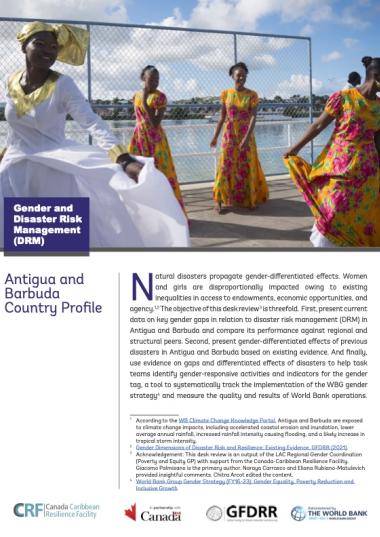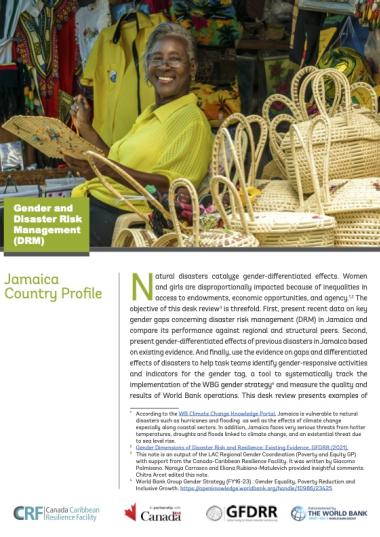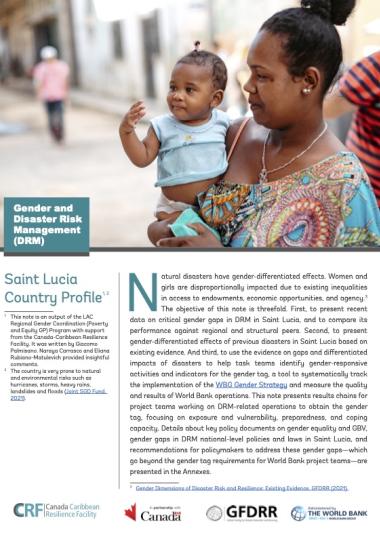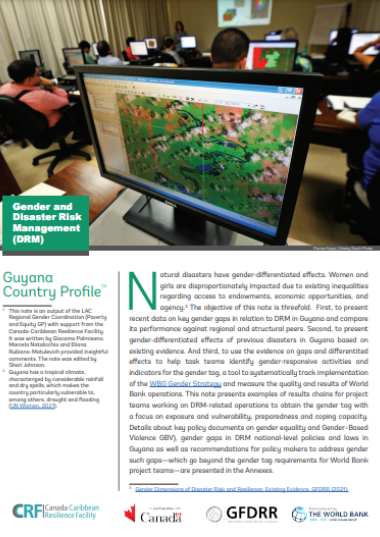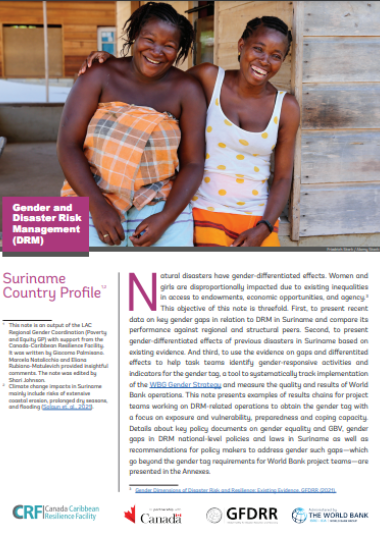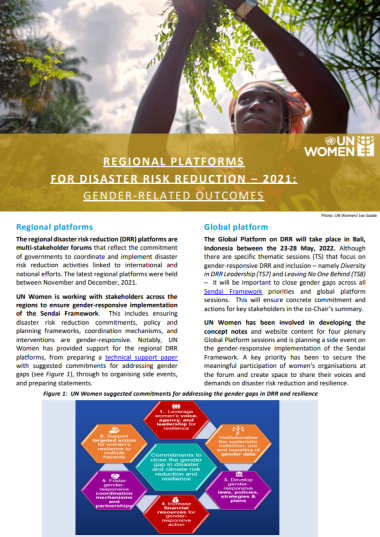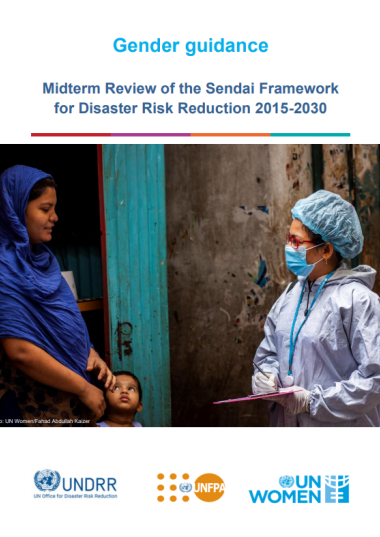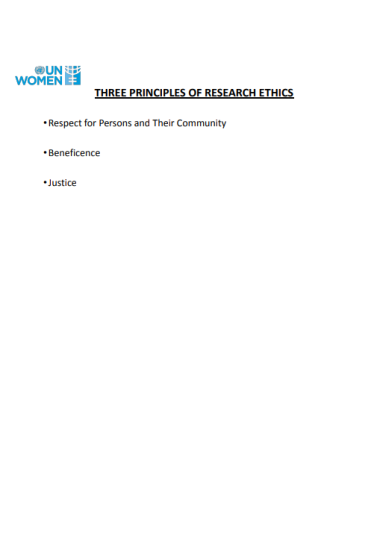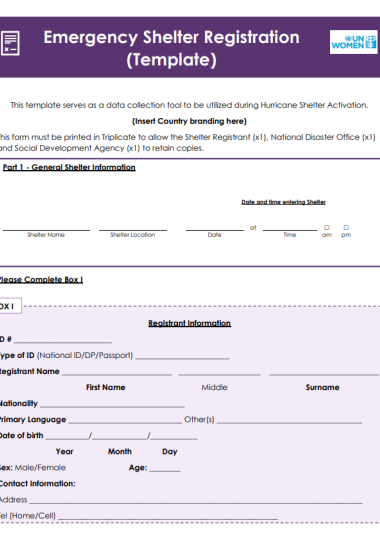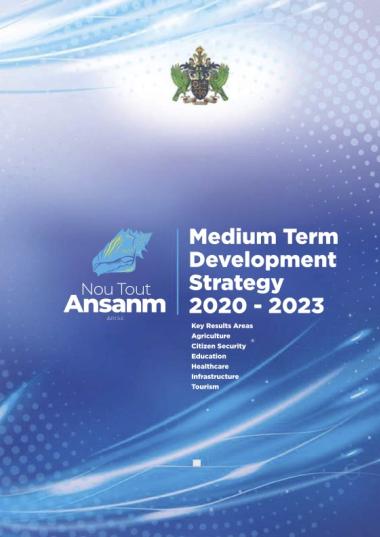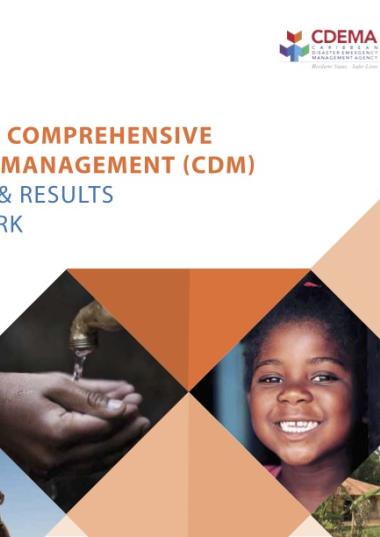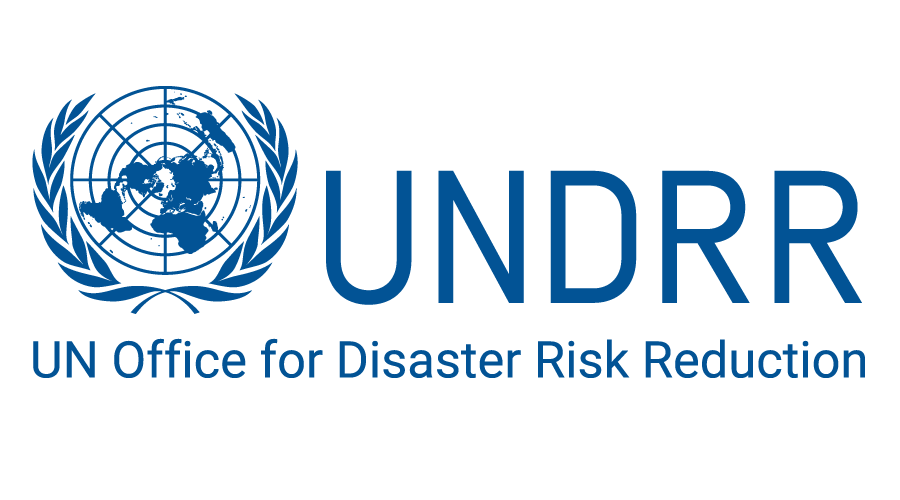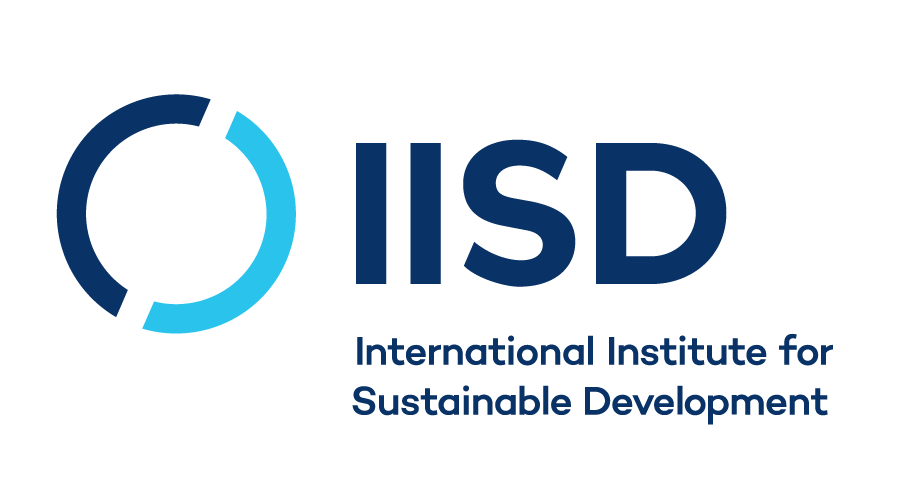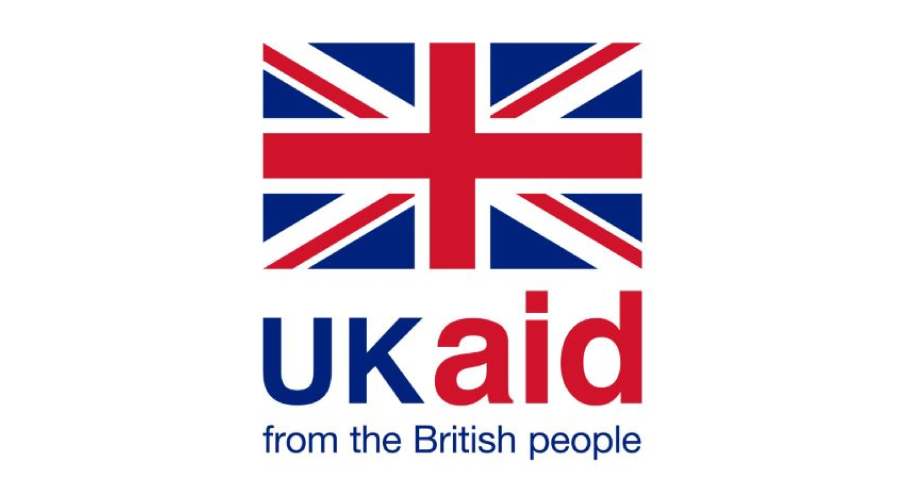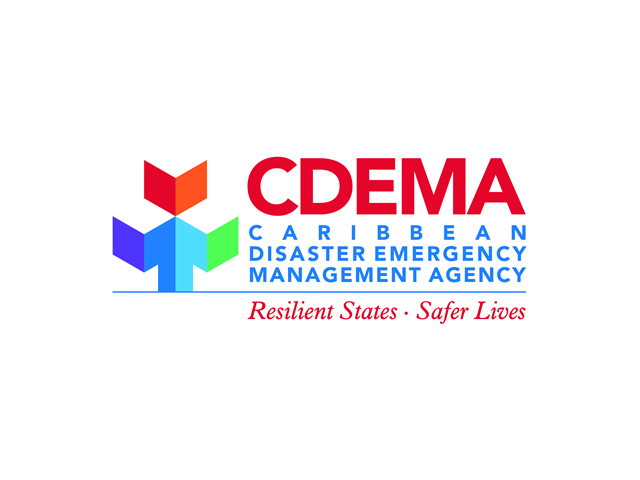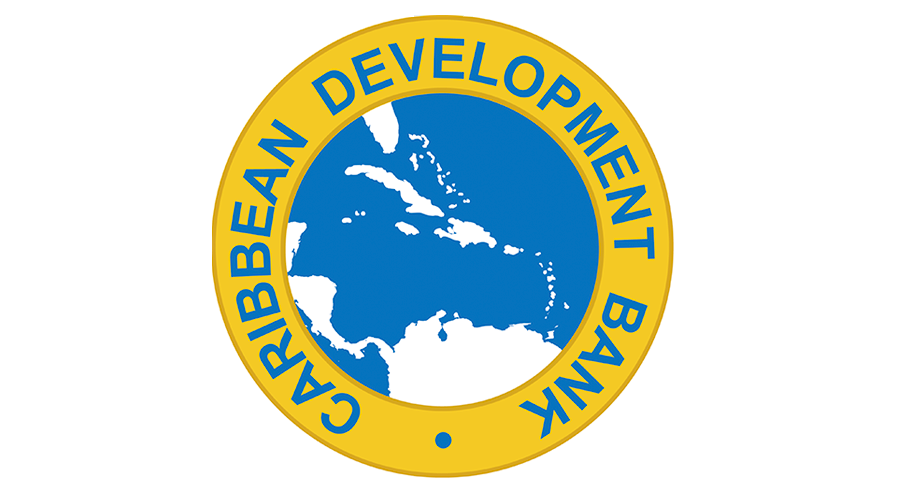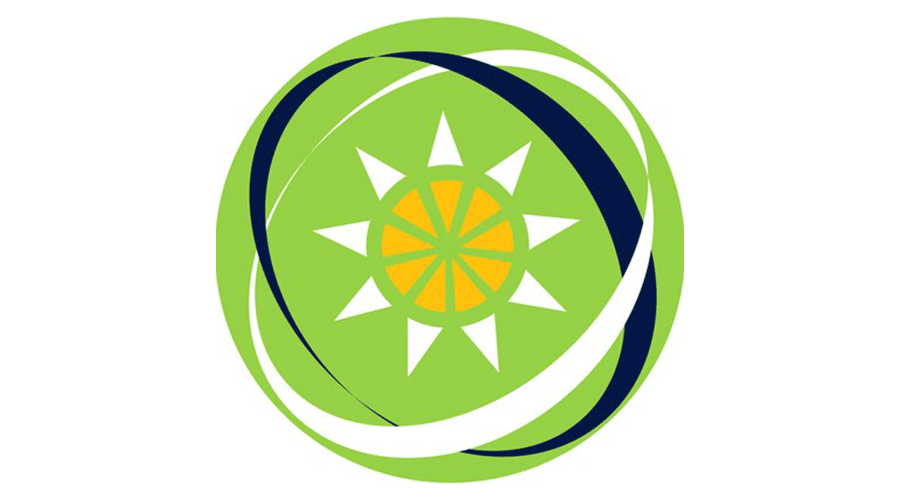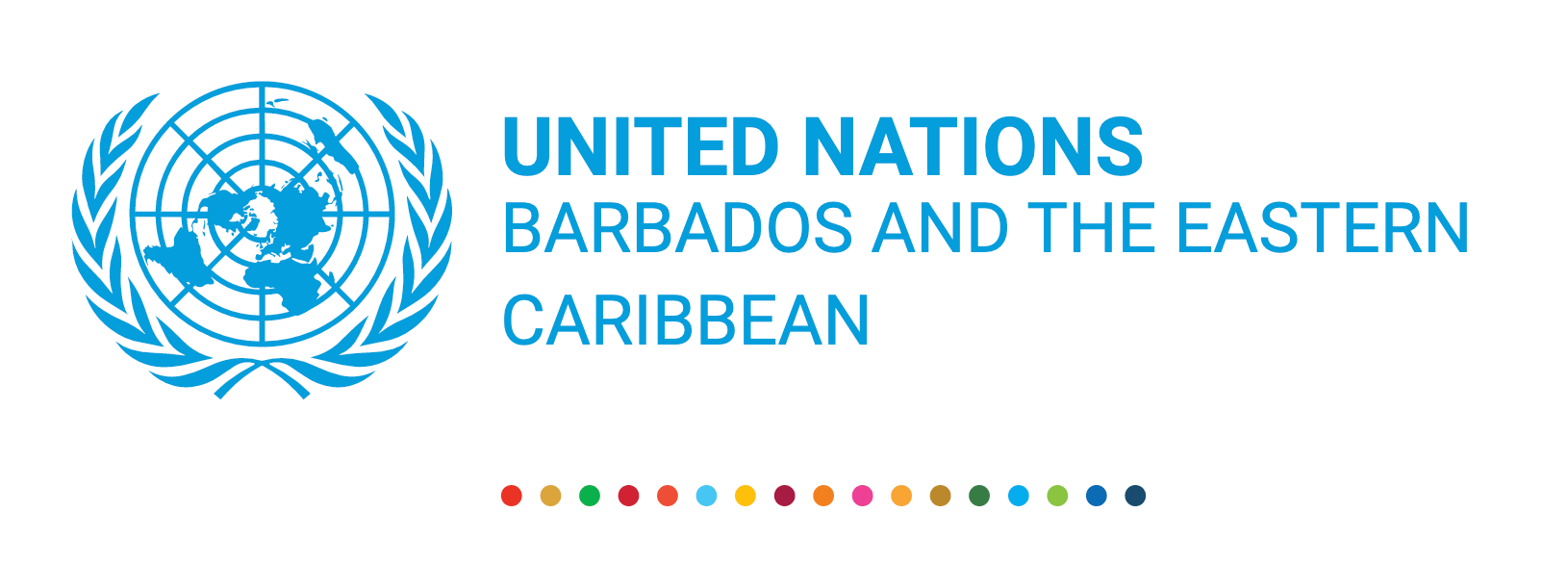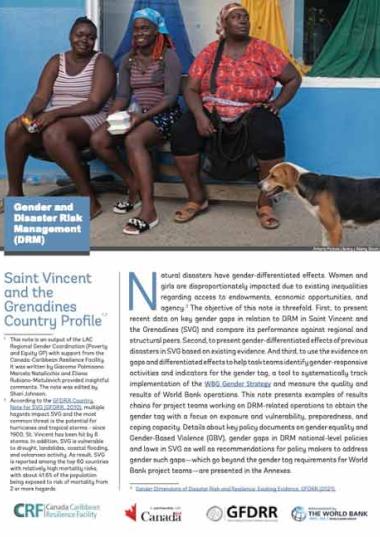
The impacts of climate change and natural hazards are compounding structural inequalities and socioeconomic vulnerabilities in the Caribbean region.
This is the result of insufficient consideration of gender equality and human rights in climate change mitigation and adaptation, and in disaster prevention, preparedness, response, and recovery decision making and practices. That is, there has been limited analysis of women, men, girls’ and boys’ separate, but equally important needs when designing prevention, preparedness, response, and recovery systems. Through the EnGenDER programme, UN Women Multi Country Office (MCO) Caribbean completed gender inequality of risk studies for nine countries, to contribute to closing these gaps.
Natural hazards and climate change severely affect the ability of the Small Island Developing States (SIDS) across the Caribbean to achieve sustainable development. The Caribbean SIDS are located in some of the most disaster-prone regions in the world. Since 1950, 324 disasters have impacted the Caribbean, killed 250,000 people and affected more than 24 million people. In addition, the impact on the economy and livelihoods, and natural resources seriously hampers the region’s sustainable development pathway, especially given the heavily indebted status of Caribbean SIDS.
With the stark evidence that women, in particular poor and rural women are disproportionately affected by these risks, the UN Women Multi-Country Office (MCO) Caribbean works to ensure the lives and livelihoods of women are girls are resilient to disasters and threats. It implements its mandate in 22 countries and territories across the Caribbean to strengthen disaster resilience through a comprehensive package for gender-responsive resilience. The framework focuses on making prevention, preparedness and response systems, plans and tools gender-responsive through targeted actions to enable women, girls and unemployed, young men to withstand natural hazards, recover fully from disasters and increase their resilience to future disasters and threats.
